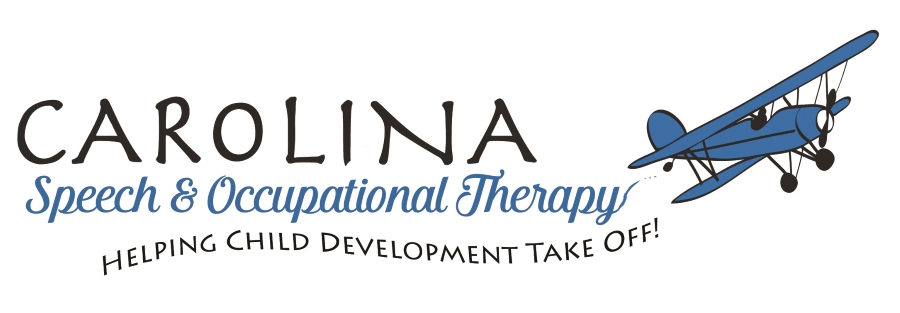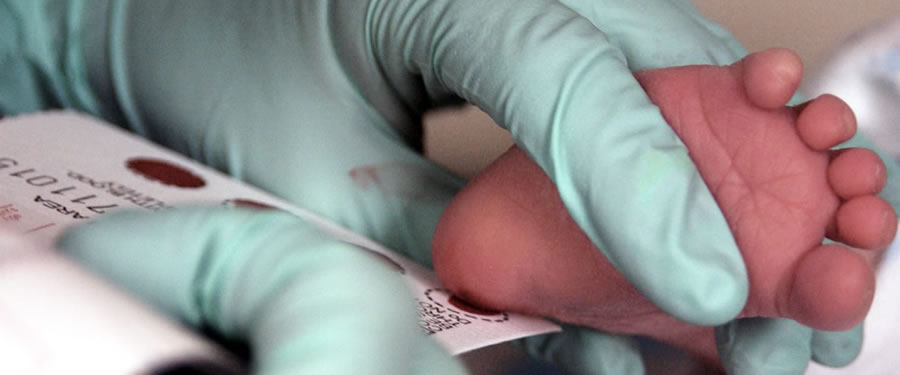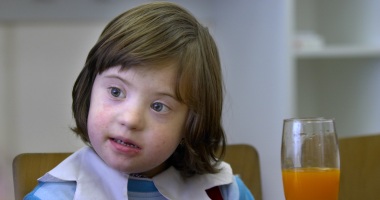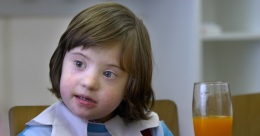Optional page title
Optional page description text area...
“Take advantage
of every opportunity to practice your communication skills
so that when important occasions arise, you will have the
gift, the style, the sharpness, the clarity, and the
emotions to affect other people.”
- Jim Rohn

Helping Child Development Take Off!
What's New

Greater Statesville Chamber of Commerce names us 2018 Small Business of the year!
TeleTherapy for Speech and Occupational Therapy now offered!
Frequently Asked Questions
- What is the difference between speech and language?
- When should I be concerned if my child is not talking?
- Is it normal for my child to not say all words correctly?
What is the difference between speech and language?
- Speech is comprised of the sounds in our words. A speech
delay involves the substitution or deletion of a speech sound
that then affects a child’s ability to be understood by others.
An example of this would be a child who says /t/ for /k/, so
‘tat’ for ‘cat’. Speech could also include a child who stutters.
Language is described as the child’s understanding of language spoken and his ability to express himself effectively. It also includes social language skills and the language rules that cover how to organize words into sentences. A typical language delay seen for therapy may be a toddler who is not using words to express wants and needs or difficulty understanding language or following directions.
Back to Top
When should I be concerned if my child is not talking?
- By 18 months, if your child is not using at least a few words you should consider pursuing a speech-language evaluation. The earlier a delay can be caught, typically the better the prognosis. By the age of 2, a child should begin putting 2 words together. Talk with your pediatrician about your concerns and/or call to schedule an evaluation.
Back to Top
Is it normal for my child to not say all words correctly?
- Speech sounds are typically acquired completely by age 6. Some sounds are later developing sounds (such as /r, s, th, l, and sound blends/) and completely normal for 3 and 4 year olds to not say correctly or to substitute other sounds in their place. By 3, 4, 5 and 6 there are certain sounds that a child should be saying correctly and if they are not, speech therapy may be recommended to address this delay. See our speech sound development chart for specific sound acquisition ages.
Back to Top



















